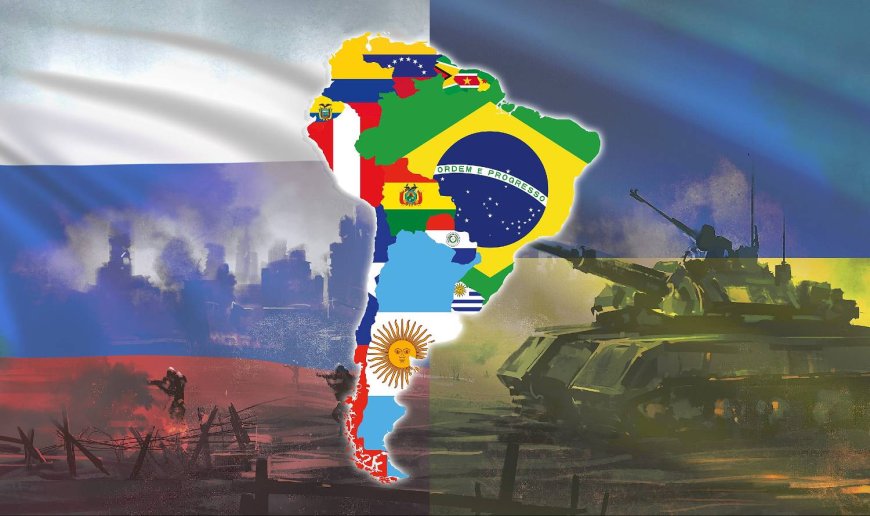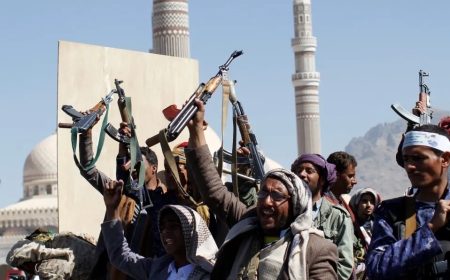The new Cold War: Explaining Latin America’s complex stance to the Ukraine conflict
Latin America is a vast region that gained independence from Spain's colonial rule in the early nineteenth century and has spent the better part of the 20th century resisting the United States' hegemony.

If one has a rudimentary understanding of Latin America, one would conclude that its inhabitants have the highest regard for their political sovereignty. The fact that the region has a diversity of political systems does not eclipse the significance of sovereignty to its people.
Denouncing Russia's special military operation in Ukraine, rejecting Western sanctions against Moscow, and refusing to assist Ukraine with armaments are all indications that Latin America seeks to maintain its neutrality and focus instead on negotiating a peaceful resolution to the raging conflict.
Latin America has not been spared from the ravages of the conflict in Ukraine, despite being over 10,000 kilometres from the battlefront and trenches. Refusing to meet the demands of the United States and its western allies by imposing sanctions on the Kremlin led to a sharp drop in food supplies and the disappearance of bread from many South American meals.
In contrast to the different responses of Latin American countries in the early stages of the confrontation in Ukraine, Brazil, Argentina, Colombia, and Mexico have given a negative answer to the request from Germany, the United States, and France to deliver arms to Ukraine. Although Chile has not issued an official statement on this matter, the postponement of the meeting between Presidents Gabriel Boric of Chile and Volodymyr Zelensky is indicative of Chile's solidarity with its neighbours.
Lula da Silva, who assumed the position of president in Brazil just a few months ago, has taken a clear position on the conflict in Ukraine. It's likely that he'll make the same push with western leaders as he did in recent talks with US President Joe Biden, German Chancellor Olaf Schultz, and French President Emmanuel Macron: forming a coalition of countries to negotiate peace between Russia and Ukraine. It is expected that Da Silva's decision will be determined by Russian Foreign Minister Sergey Lavrov's visit to Brazil in April.
Brazil, Mexico, and Argentina, all regional powerhouses, continue to conduct business with Russia despite their efforts to end the conflict in Ukraine. Despite voting in favour of the majority of anti-Russian resolutions at the United Nations General Assembly, they did not practically cooperate with the US-led sanctions against Moscow.
Despite the West's efforts to persuade Latin American governments to change their impartial stance regarding the raging hostilities in Ukraine, Brazil's peacemaking initiatives may serve as a model for other South American nations. The pro-peace alliance in Latin America has kept its commendable independence thus far. In the meanwhile, the South American single market known as MERCOSUR might serve as a venue for reassessing approaches to global security challenges.













































